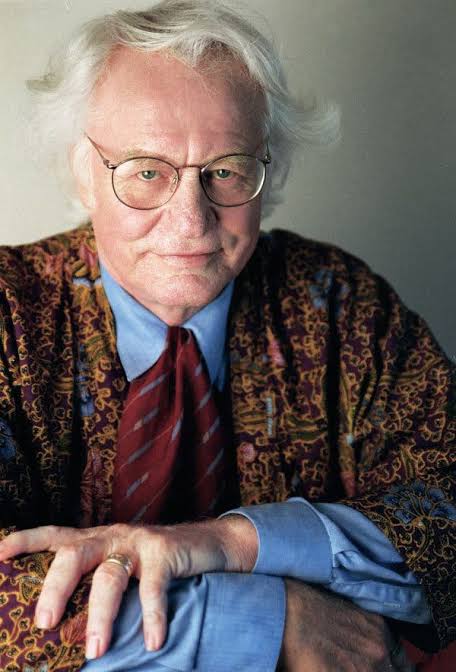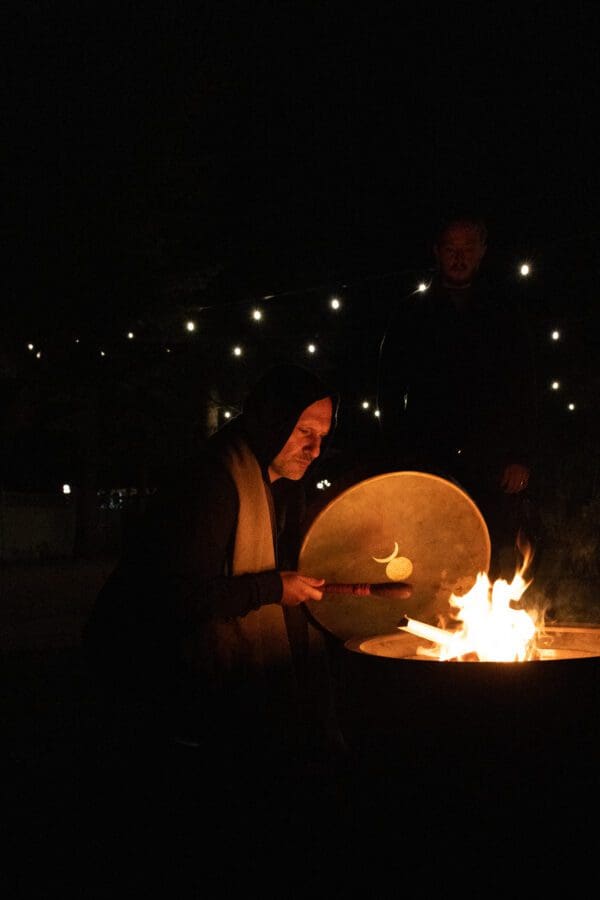Men’s Work: Origins, Evolution, and the Embodied Masculine
Origins of Men’s Work in the Mythopoetic Men’s Movement

The mythopoetic movement emphasized the value of archetypes such as the warrior, king, lover, and magician, offering metaphors to help men confront and integrate their complexities. Through poetry, mythology, and ritual, men found spaces to explore themes of vulnerability, brotherhood, and emotional resilience. This work often took place in small gatherings and retreats, fostering environments where men could express, reflect, and reconnect with themselves and each other without societal judgment.
Evolution of Men’s Work in the 21st Century
The mythopoetic movement laid the foundation for a variety of men’s work approaches we see today, yet its popularity waned by the early 2000s. However, as conversations around mental health, toxic masculinity, and personal growth gained traction, there was a resurgence of interest in men’s work. Men started seeking spaces to process emotions, develop self-awareness, and discuss the pressures of modern masculinity. This renewed interest fueled the evolution of men’s work, drawing on both traditional archetypes and new methodologies, blending ancient wisdom with modern psychology, somatic practices, and mindfulness.
Organizations, coaches, and communities adapted the principles of the mythopoetic movement to fit contemporary needs. Men’s work began to incorporate trauma-informed practices, embodiment techniques, and a greater focus on inclusivity and diversity, evolving from its early days to address a wider array of masculine identities and expressions.
Amir Khalighi and Embodied Masculine: A Shamanic Approach to Men’s Work

The Role of Archetypes in Embodied Masculine
A unique feature of Khalighi’s work is his emphasis on archetypes such as the Red, White, and Black Knights, representing different aspects of the masculine experience. Each archetype provides a symbolic framework for men to understand their strengths, shadows, and growth areas:
- Red Knight: Represents the passionate, assertive, and protective energies within men. The Red Knight reminds men of their drive, resilience, and willingness to defend what is meaningful to them, tempered by integrity and responsibility.
- White Knight: Embodies wisdom, humility, and compassion. Men are encouraged to nurture the White Knight within as they cultivate empathy, mindfulness, and service-oriented masculinity.
- Black Knight: Represents the shadow side, inviting men to explore their fears, insecurities, and unresolved traumas. Embracing the Black Knight is part of men’s work, as it calls men to confront and integrate aspects of themselves they may have long denied.
By integrating these archetypes, Embodied Masculine offers men a structured yet flexible framework to examine their values, aspirations, and challenges, fostering self-awareness and a healthy masculine identity.
Practices in Embodied Masculine
Khalighi’s approach blends embodiment exercises, breathwork, mindfulness, and communal rituals, helping men ground themselves in the present and feel more connected to their bodies. These practices address not only the intellectual aspects of self-growth but also the physical and emotional dimensions, ensuring men experience healing and growth on multiple levels.
Khalighi also emphasizes community, understanding that men often lack supportive peer networks in modern society. Through group retreats and workshops, Embodied Masculine provides men with a safe, inclusive space to connect, share, and support one another, creating bonds that foster accountability, empathy, and brotherhood.
Why Men’s Work Matters Today
The relevance of this work has only increased as men confront complex social expectations, mental health challenges, and a desire for deeper meaning. Men’s work equips men to redefine masculinity on their own terms, emphasizing qualities like emotional intelligence, empathy, and purpose. It provides tools to heal past wounds, build healthy relationships, and embody authenticity.
Modern men’s work, particularly as practiced by organizations like Embodied Masculine, also addresses societal concerns around toxic masculinity. By fostering an understanding of healthy masculinity, men’s work helps men learn to express emotions constructively, dismantle harmful conditioning, and nurture positive self-worth. This ultimately has a ripple effect, promoting healthier family dynamics, workplace environments, and communities.
The Future of Men’s Work
As men’s work continues to evolve, it holds the potential to become an integral part of personal growth and community wellness. With leaders like Amir Khalighi and others dedicated to the journey of embodied masculinity, there is a growing awareness that men’s work is not about conforming to a monolithic standard of manhood; rather, it’s a journey of self-discovery, healing, and authentic expression.
The future of men’s work lies in creating more inclusive, accessible spaces that honor the diversity of men’s experiences and allow them to navigate their unique paths. With increased recognition of the mental health needs of men and a desire for deeper purpose, men’s work has the opportunity to reshape how society understands and values masculinity.
Conclusion
From its mythopoetic origins to the modern-day work of Amir Khalighi and Embodied Masculine, this path offers men a transformative journey to self-discovery, connection, and growth. Rooted in archetypal wisdom and adapted to contemporary challenges, men’s work empowers men to embody a balanced, authentic, and compassionate masculinity. In doing so, men’s work not only benefits the individual but contributes to a healthier, more connected world. As this work continues to expand, it offers hope for a future where men can freely explore, define, and embrace their masculinity with strength, integrity, and heart.
Go deep into men’s work through Embodied Masculine’s MWI program.
Have questions? Book a clarity call

